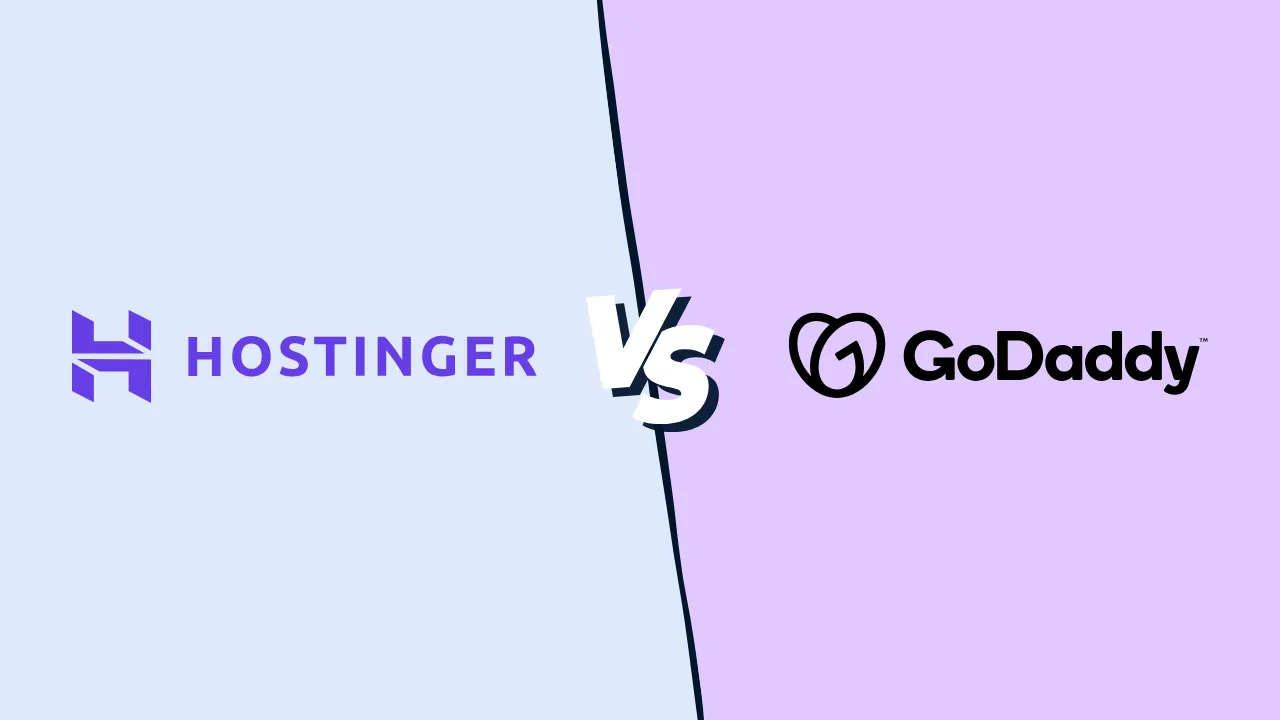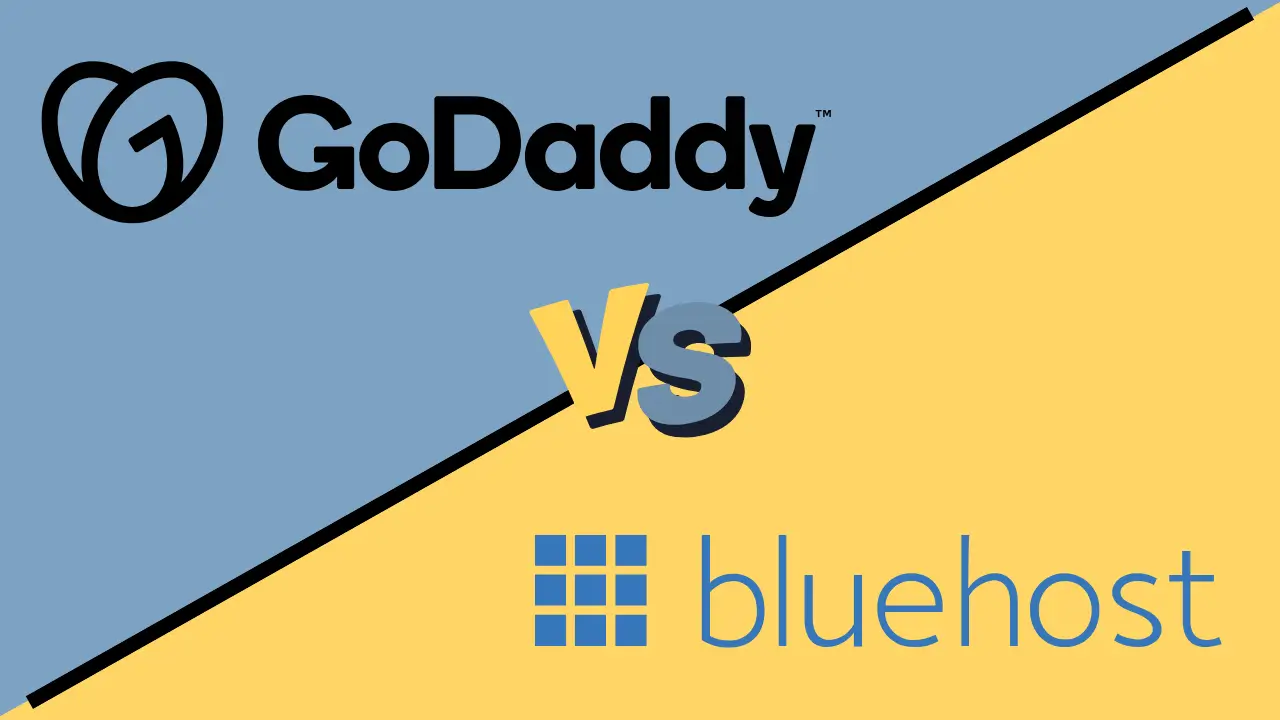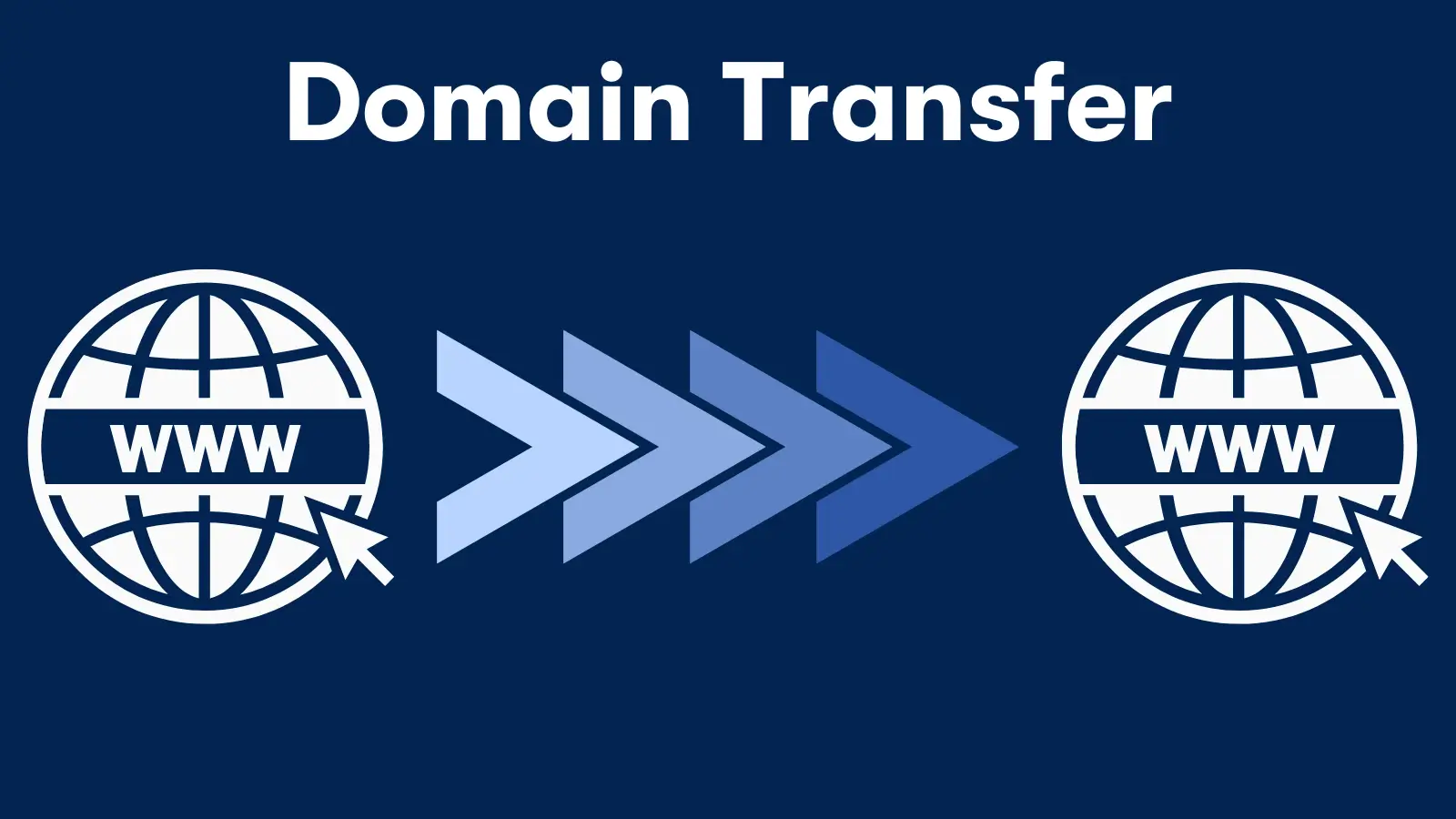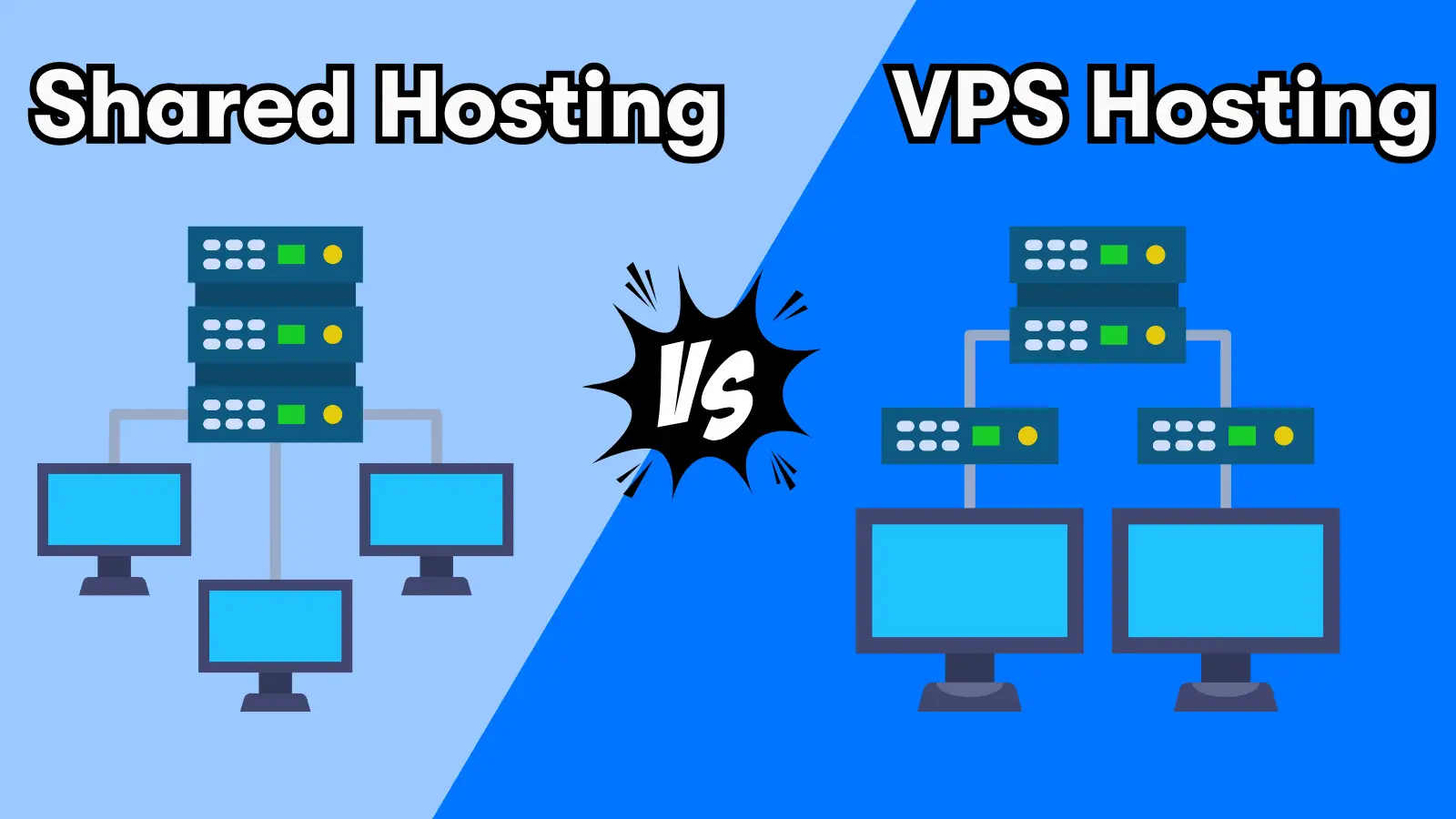Web Hosting: What Not to Do (And What to Do Instead)
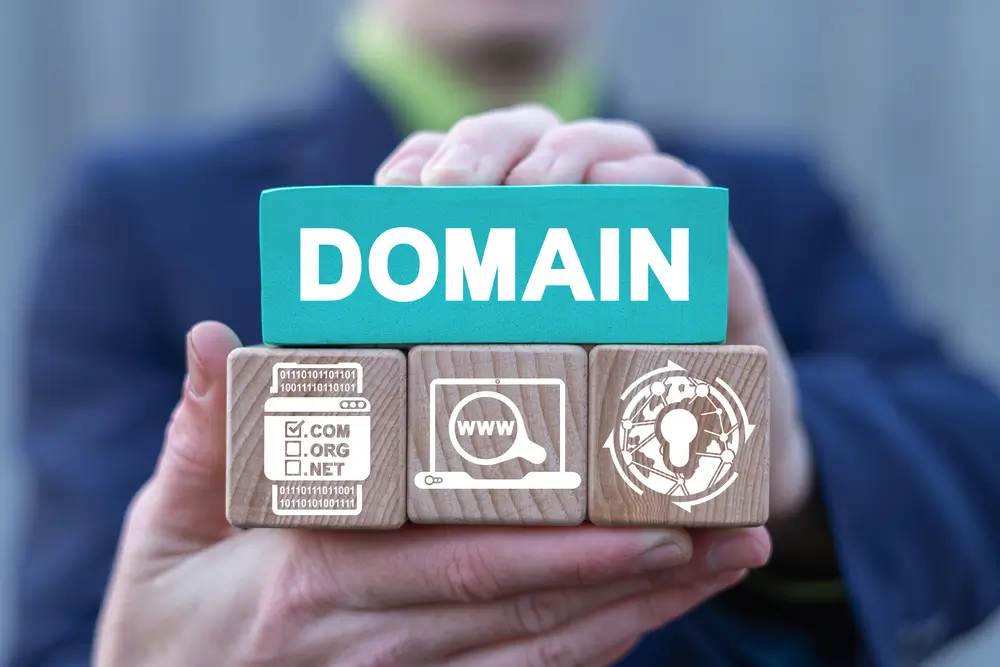
Choosing the right web hosting is a big deal—especially if your website is your business. But here’s the thing: most people don’t realize how much web hosting affects site speed, security, uptime, and even SEO… until something breaks.
The good news? You don’t need to be a tech expert to avoid the common web hosting mistakes that slow down your site (and your business). In this guide, we’ll walk through what not to do—plus simple advice on what to do instead.
1. ❌ Don’t Choose a Host Based Only on Price
We get it—low monthly fees are tempting. But when it comes to hosting, you usually get what you pay for. Dirt-cheap hosting often means slow performance, limited support, and surprise fees down the line.
✅ What to do instead:
Look at value, not just price. Compare features like uptime, customer support, storage limits, and whether the host includes essentials like SSL, backups, and security tools.
A few extra dollars a month can mean the difference between a reliable site and one that crashes when visitors show up.
2. ❌ Don’t Ignore Uptime Guarantees
A few minutes of downtime might not seem like a big deal—until it happens while a customer is trying to buy from you or contact your team.
✅ What to do instead:
Choose a host that offers at least 99.9% uptime (and lives up to it). You can also use tools like UptimeRobot or StatusCake to monitor your site performance.
3. ❌ Don’t Skip Backups
No one plans to have their site hacked, crash, or accidentally deleted—but it happens more often than you think.
✅ What to do instead:
Make sure your host includes automatic daily or weekly backups—and that you can restore from them easily. If not, set up your own backup schedule using a plugin or third-party tool.
Backups are like insurance for your content. You don’t think about them—until you really need them.
Best Web Hosting Services
 Automatic WordPress installation
Automatic WordPress installation  Free SSL Certificate
Free SSL Certificate  Fast, scalable hosting for any website
Fast, scalable hosting for any website  Free domain for 1 year
Free domain for 1 year  Rapid speed servers
Rapid speed servers  No max. on domains & websites
No max. on domains & websites 4. ❌ Don’t Choose a Host Without Good Support
Tech issues don’t follow a 9-to-5 schedule. If something breaks on a Friday night and support won’t reply until Monday, you could be stuck.
✅ What to do instead:
Look for hosts that offer 24/7 customer support through live chat, email, or phone. Bonus points if their help docs are clear, up to date, and written in plain English.
5. ❌ Don’t Ignore the Fine Print on Storage & Bandwidth
Some hosts offer “unlimited” everything—but there’s often a catch. Hit certain limits, and your site may slow down or get temporarily suspended.
✅ What to do instead:
Check the actual usage caps (especially on shared plans). If your site is growing fast or media-heavy, look into cloud hosting or a scalable VPS plan.
Related Articles
6. ❌ Don’t Forget About Site Speed
Your host plays a huge role in how fast your site loads. A slow site means higher bounce rates, lower conversions, and unhappy visitors.
✅ What to do instead:
Choose a host with:
- SSD storage (faster than traditional drives)
- Built-in caching or CDN support
- Data centers near your audience
Even a one-second delay in load time can hurt user experience and SEO. Speed matters.
7. ❌ Don’t Rely Only on Shared Hosting Forever
Shared hosting is great for getting started—but as your traffic grows, it can hold you back. Too many sites on the same server = slowdowns and limited resources.
✅ What to do instead:
Start with shared if needed, but be ready to upgrade to:
- VPS hosting for more control and stability
- Cloud hosting for scalability
- Managed WordPress hosting for better performance if you’re using WordPress
8. ❌ Don’t Skip SSL or Security Features
A site without SSL (that little lock icon) looks untrustworthy—and Google might even flag it as unsafe. Plus, weak security puts your site and visitors at risk.
✅ What to do instead:
Choose a host that includes free SSL certificates and basic protections like firewalls, malware scans, and DDoS prevention. Extra points if they help you set it all up.
9. ❌ Don’t Stick with a Bad Host “Just Because”
If your host is constantly slow, goes down, or offers poor support—it’s okay to switch. Your website is too important to settle for less.
✅ What to do instead:
Back up your site, choose a better host, and migrate (many hosts will help you move for free). Don’t let inertia cost you sales or traffic.
Final Thoughts: Hosting Should Help You Grow, Not Hold You Back
Web hosting shouldn’t be something you have to worry about. The right host keeps your site fast, secure, and online—so you can focus on running your business, publishing content, or serving your audience.
Avoid the common mistakes above, and you’ll be ahead of the game.
Remember:
- Prioritize support, speed, and reliability
- Don’t chase the cheapest plan—look for long-term value
- Backups and security aren’t optional
Treat your hosting like the foundation it is. Behind every successful website is a hosting provider that quietly makes it all work.




